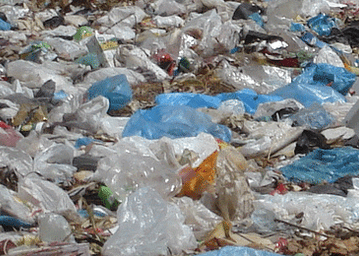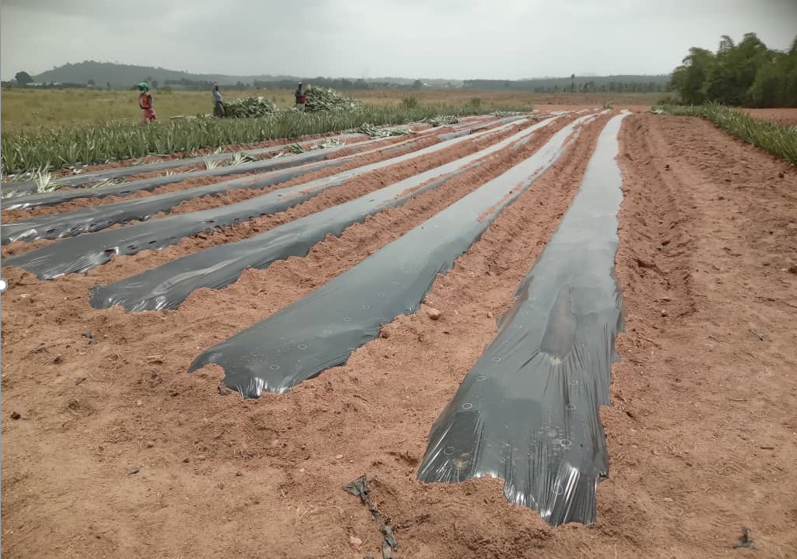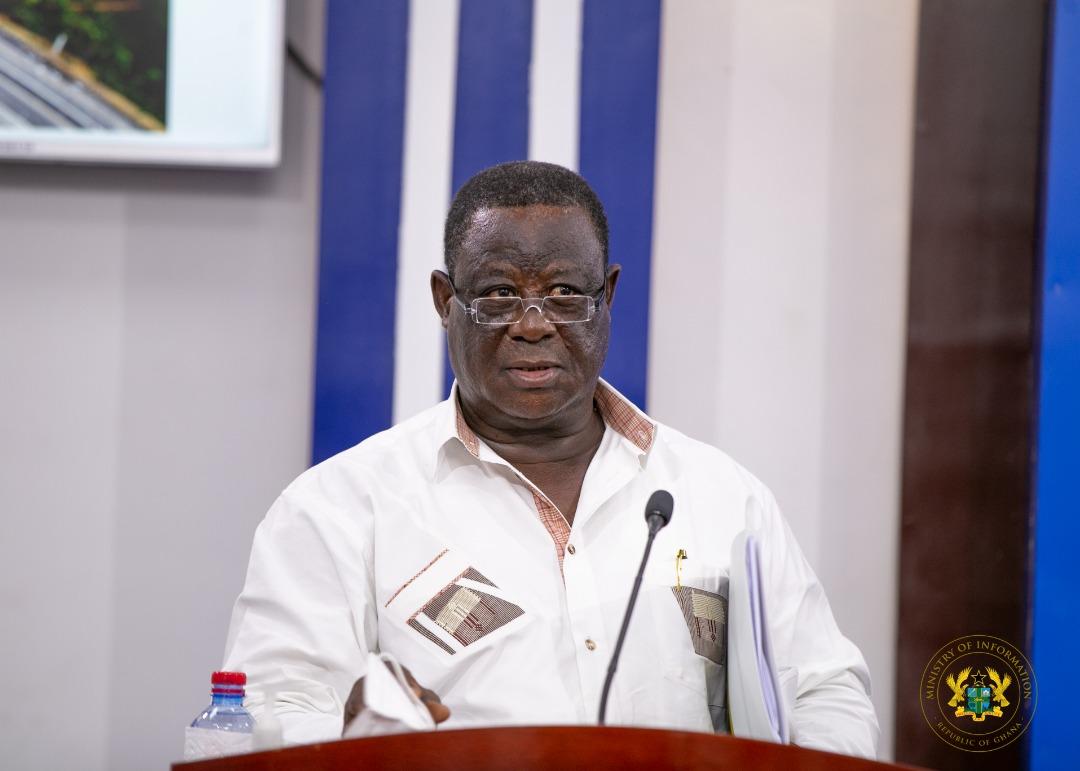
By Kizito CUDJOE
Government is preparing new legislation that will require plastic producers to bear part of the cost for collecting and recycling plastic waste, Environment, Science and Technology Minister Dr. Murtala Muhammed has said.
The proposed law, which is currently being developed, will introduce a mandatory Extended Producer Responsibility (EPR) framework aimed at financing waste collection and recycling systems. It will draw lessons from similar policies in Kenya, South Korea and the European Union (EU).
This forms part of a broader push to address the country’s worsening plastic pollution problem and comes on the heels of a government plan to ban the importation and production of Styrofoam plastics.
President John Dramani Mahama recently announced that his administration will phase out Styrofoam food packaging, describing it as a major contributor to pollution in the country. He said the Ministry of Environment will work closely with manufacturers and importers to ensure a smooth transition to more sustainable alternatives.
Ghana generates an estimated 1.1 million tonnes of plastic waste each year – with more than half left uncollected and only about 9 percent recycled, according to official data.
Speaking at the 2025 Environmental Sustainability Summit (ESS) opening session, Dr. Muhammed warned that the environmental toll is costing the national economy over US$56billion annually; equivalent to nearly 11 percent of gross domestic product (GDP).
Referencing existing regulations and policies governing plastic use in the country, he said: “We have frameworks such as the National Plastics Management Policy and Hazardous and Electronic Waste Control Act. We have levies to fund sanitation. But gaps remain, enforcement is weak, responsibilities overlap and planning is fragmented”.
The minister said that with the prevailing “take, make, use and discard” approach to plastic use, “between 1990 and 2017 our raw material use more than doubled, with plastic consumption per capita rising from 5.7 kilogrammes (kg) to 7.4 kg.”
“A throwaway culture has displaced traditional, low-impact practices and our infrastructure is unable to support this shift,” he stated.
However, he said government envisions a circular economy that regenerates natural systems, retains value in products and materials and eliminates waste.
“Ghana’s circular economy roadmap sets the direction. It targets six sectors, including plastics, and proposes cross-sector solutions to accelerate innovation and reduce environmental burdens.
“This national agenda aligns with global movements. We actively engage in the African Circular Economy Alliance, Global Plastic Action Partnership and negotiations for a UN plastics treaty. Ghana is not just participating; we are helping shape the future.”
Arguing in favour of this transition, he said estimates show circular practices “could increase our GDP by 1.9 percent by 2030 – nearly €1.9billion – and save €200million to €300million in imports”.
He projected that over 60,000 green jobs could emerge, particularly in recycling, innovation and manufacturing, if the transition is properly implemented.
“Conversely, failure to act will deepen degradation, raise healthcare costs and hinder tourism and agriculture,” he added.
This year’s ESS-2025, an annual event organised by the Business and Financial Times (B&FT), was held under the theme ‘Ending plastic waste in Ghana: A sustainable future for all’.

Chief Executive Officer-B&FT, Dr. Godwin Acquaye, in his welcome remarks, noted that plastic is ubiquitous in the country – from sachet water to packaging – and poses serious environmental challenges.
“This plastic threat clogs our drainage systems, leading to severe flooding as seen during Accra’s 2023 floods – which damages fisheries and disrupts tourism in addition to other economic costs.”
He however noted ongoing efforts to address the challenge, stating that: “The National Plastics Management Policy and membership of the Global Plastic Action Partnership aim to establish a circular-plastics roadmap”.
Additionally, he said the Global Environment Facility (GEF)-funded circular-economy framework targets zero plastic leakage into water-bodies by 2040.
“Efforts are being made to strengthen waste segregation, collection systems and recycling infrastructure to follow global best practices,” he said.
For example, he said private-sector innovators like Trashy Bags Africa have collected 30 million plastic sachets – turning waste into bags and school supplies.
The post ESS 2025: Time for plastic producers to bear cost of waste collection – Env’t Minister appeared first on The Business & Financial Times.
Read Full Story























Facebook
Twitter
Pinterest
Instagram
Google+
YouTube
LinkedIn
RSS